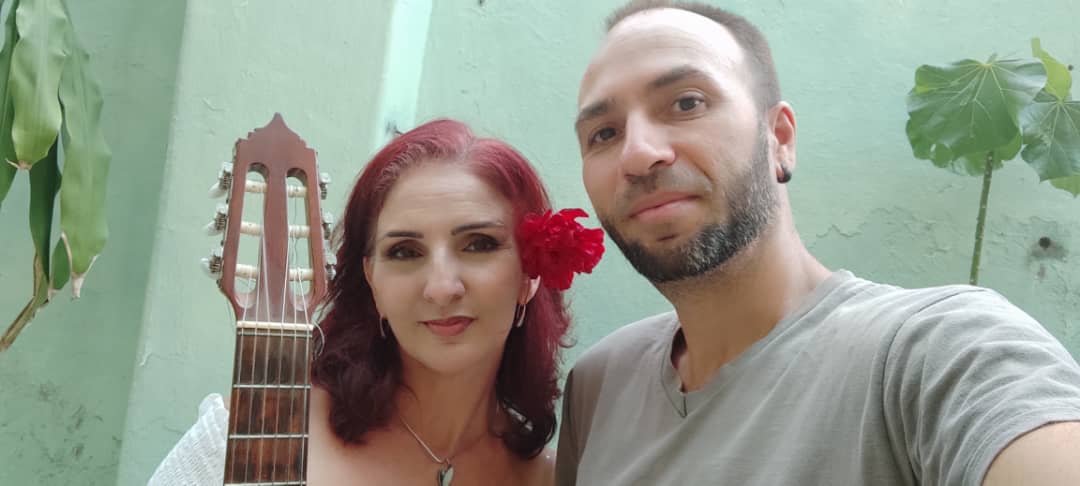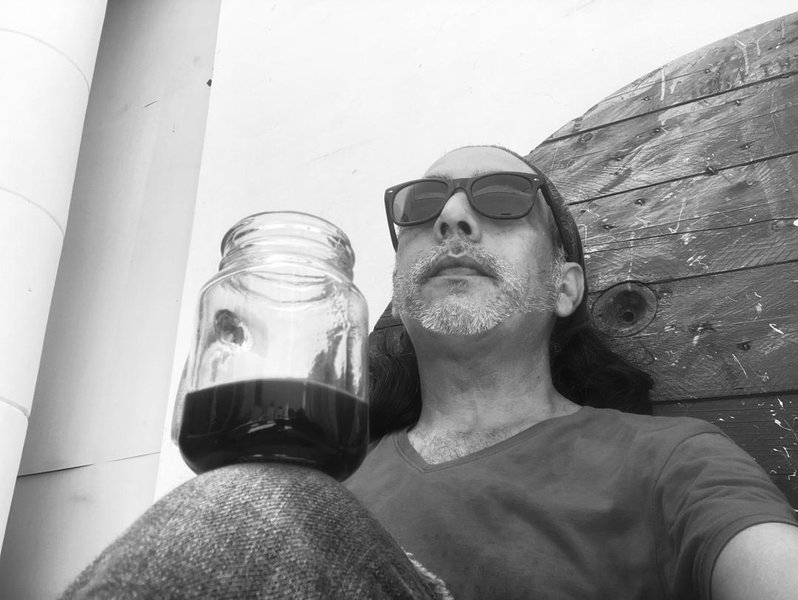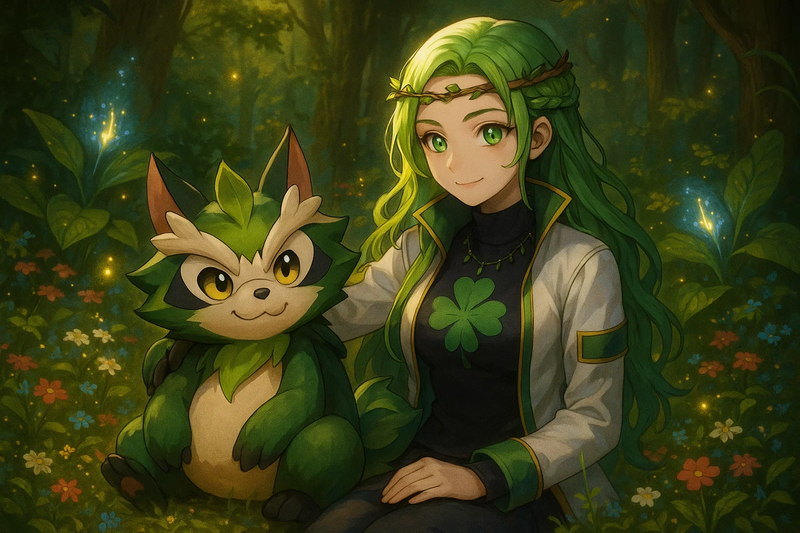And I said it so - LOH community contest #245 Y bien que lo dije - LOH concurso de la comunidad #245
11 comments
Hi, ladies.
I find the first question in this week's community quiz really funny, as it's one of my husband @abelarte's favorite phrases.
I remember him often saying that he suffers from "Cassandra's curse" (no one pays attention to what he predicts), and that's why he often has to say the phrase, "I told you so."

No one likes to be wrong. Nor does anyone "enjoy" the moment when they have to admit their failure, much less if someone had warned them it could happen.
Of course, just because I don't like making mistakes doesn't mean I don't make them, and much less that I won't listen to someone when they give me advice or offer constructive criticism. I've been in the art world since I was a child, and there aren't many things more abundant in art than criticism (constructive or not) and mistakes.
So, also out of humility and modesty, I know how to recognize when I'm wrong and agree with whoever is right. Not only is it the right thing to do, but it speaks very poorly of the person who does otherwise.
It also doesn't bother me when people tell me this. However, perhaps what bothers me is the timing or the way they tell me.
For example, as Abel sometimes tells me. There are times when he manages to get me out of my comfort zone; he says it with a victorious or ironic tone, with the clear objective of annoying me.
He says that I almost never make mistakes, and when I do, and he doesn't, it's a cause for celebration.

But he does that as a joke, and it's something we have between the two of us. And he only does it with me.
However, it's not a phrase I enjoy saying. Usually, when I give advice, they ignore it, and what I warned might happen happens. I don't gloat over being right. Rather, I offer my hand in solidarity.
To err is human. So we are all predestined to make mistakes. The important thing is to recognize that we are fallible and learn from our mistakes.
We also need to remember this when we are going to correct someone.
Remember as it says in the Bible: Let he who has not sinned cast the first stone.
(@cautiva-30 Could @abelarte participate in the contest and in the community as such?)
Versión en español
Hola, chicas.
Me da mucha gracia la primera pregunta del concurso de la comunidad de esta semana, ya que es una de las frases preferidas de mi esposo @abelarte.
Recuerdo que repite a menudo, que él sufre de “la maldición de Casandra” (nadie hace caso de lo que predice) y por eso muy a menudo tiene que decir la frase: “te lo dije”.

A nadie le gusta equivocarse. Tampoco nadie “disfruta” del momento en que tiene que reconocer su fracaso y mucho menos, si alguien había advertido que podía ocurrir.
Por supuesto, el hecho de que no me gusta equivocarme, no quiere decir que no lo haga y mucho menos, que no escuche a alguien cuando me da un consejo o realiza alguna crítica constructiva.
Desde niña vivo en el mundo del arte y no hay muchas cosas que abundan más en el arte, que las críticas (constructivas o no) y los errores.
Así que, también por una cuestión de humildad y modestia, sé reconocer cuando me equivoco y darle la razón a quien la tenga. No solo es lo correcto, sino que habla muy mal de la persona que realice lo contrario.
Tampoco me molesta el hecho de que me lo digan. Sin embargo, quizás lo que me moleste sea el momento o la forma en que me lo digan.
Por ejemplo, como me lo dice Abel en ocasiones. Hay momentos en el que me logra sacar de mi zona de confort; ya que lo dice con un tono victorioso o irónico, con el claro objetivo de molestarme.
Dice que, yo casi nunca me equivoco y que cuando lo hago, y él no, es un motivo de celebración.

Pero eso lo hace en forma de broma y es algo que tenemos entre nosotros dos. Y lo hace solo conmigo.
Sin embargo, no es una frase que disfrute decir. Por lo general, cuando doy un consejo, no me hacen caso y sucede lo que advertí que podría suceder, no me regodeo en el hecho de tener la razón. Más bien lo que hago, es ofrecer mi mano en solidaridad.
Errar es de humanos. Así que todos estamos predestinados a equivocarnos. Lo importante es reconocer que somos falibles y aprender de nuestros errores.
Eso también lo tenemos que recordar, cuando vayamos a corregir a alguien.
Recuerden como dice en la Biblia: que lance la primera piedra aquel que no haya pecado.
( @cautiva-30 ¿@abelarte podría participar en el concurso y en la comunidad como tal?)




Comments